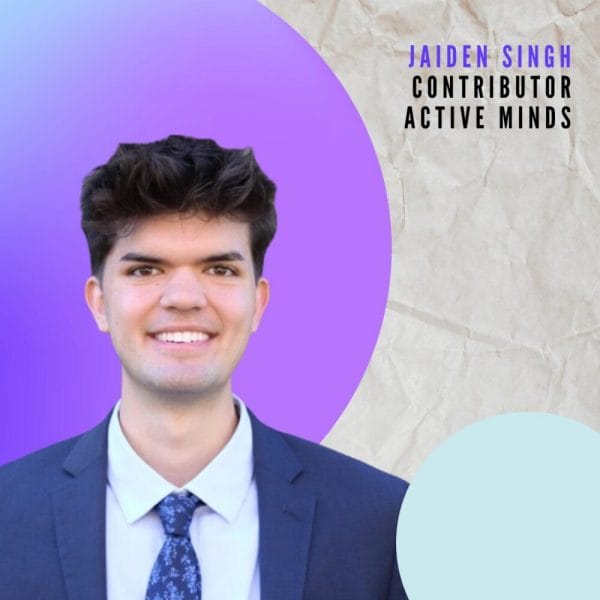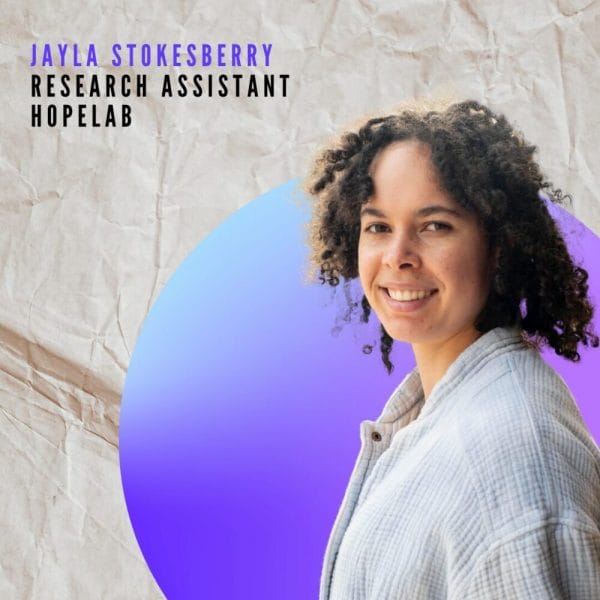At Hopelab, we’ve always been deeply committed to keeping the voice of teens and young adults at the center of our work. We call this “co-creation:” our belief that we will only succeed if we include teens and young adults in the innovation process. Having personally interviewed and worked with 100+ teens and young adults during my years doing user research at Hopelab, I’ve experienced the power of co-creating with youth. Time and time again, their input challenged our assumptions and changed our products for the better.
We’ve decided that we can take co-creation even further. Why stop at incorporating teens and young adults in the product development process? What if we included their voices in strategic decisions as well? What could emerge if we fostered deeper relationships with a committed group of young people? Questions like these sparked the creation of the Young Adult Advisory Council, a diverse group of 10 young adults who gather to help guide our work. Through open discussion and collaborative activities, these young people will provide insight on the challenges most relevant to them and their peers right now. I’m excited to learn from and prototype the council experience with these 10 brilliant and passionate young people. Learn more about the 2019-2020 council members here.





